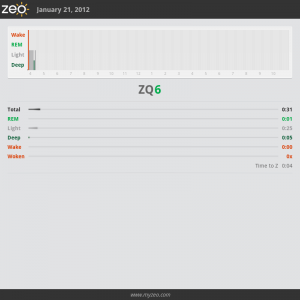Microsoft co-founder Paul Allen is putting $500 million of his fortune into looking for the “essence of humanity” in our brains.
I sent him an email explaining that, while the brain is indeed fascinating and worthy of study, it is nothing but the hardware. The software (what makes us who we are) is the mind. You ain’t gonna find the “essence of humanity” in the jumbled nerves of the brain.
If Mr. Allen really wants to find what makes us human, he’ll fund some studies of consciousness.
I’ve always been fascinated by the workings of the human brain. I’m awed by its enormous complexity. Our brains are many magnitudes more advanced in the way they work than any computer software ever invented. Think about this: We can teach students to program computers in a couple of years of school. But even with a lifetime of learning, at present we are far away from fully understanding the brain.



